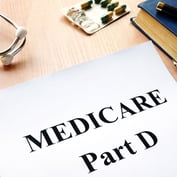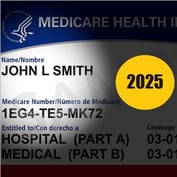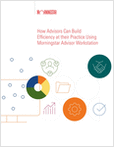CHICAGO (AP) — Few people want to be wide awake during their colonoscopy exams, but new research suggests too many are getting extra sedation treatment, costing as much as $1 billion yearly in potentially needless services.
Use of anesthesiologists to monitor sedation during colonoscopies and other digestive imaging tests has more than doubled in recent years, and they’re used most often for low-risk patients who typically don’t need the extra help, the study authors said.
“These services are not harming patients. They’re basically giving them a luxury that is not strictly necessary,” said the study’s lead author, Dr. Soeren Mattke, a senior Rand Corp. scientist. That matters at a time when policymakers are trying to rein in rising medical costs, the authors said.
Patients usually are briefly sedated for a colonoscopy, and some kinds of sedation require monitoring by specialists. That includes use of propofol, a powerful intravenous drug that can cause deep sedation and was implicated in pop star Michael Jackson’s death. Anesthesiologist-monitored sedation, with or without propofol, is recommended for high-risk patients, including those who are old or sick or previously had complications with anesthesia.
While propofol sedation is also sometimes given to low-risk colonoscopy patients, the study authors suggest that’s often unnecessary. Drugs usually recommended for these patients typically cause lighter sedation, though most patients don’t remember anything about the exams afterward. These drugs can be given by the doctor doing the exam, but the study suggests they’re often also being given and monitored by anesthesiologists.
The researchers analyzed insurance claims data on more than 6 million U.S. adults who had the colon exams or imaging scopes of the upper digestive tract between 2003 and 2009. The tests are done to screen for colon cancer, acid reflux and other illnesses.
When the study began, 14 percent of these tests included an anesthesiologist. That climbed to more than 30 percent by 2009. The portion of this extra sedation treatment given to low-risk commercially insured patients remained constant during the study and fell slightly in Medicare fee-for-service patients. But the study authors said far too many low-risk patients are still getting this treatment — more than three-fourths of the commercially insured patients and two-thirds of the Medicare group.
The extra treatment added an average of about $500 to an insured patient’s bill in 2009, and $150 to a Medicare bill. In 2009, about 3 million colonoscopies and other digestive scoping tests were done in low-risk patients but included anesthesia services, amounting to $1 billion in potentially unnecessary costs, the study authors estimated.
The study appears in Wednesday’s Journal of the American Medical Association.








 March 21, 2012 at 10:23 AM
March 21, 2012 at 10:23 AM










